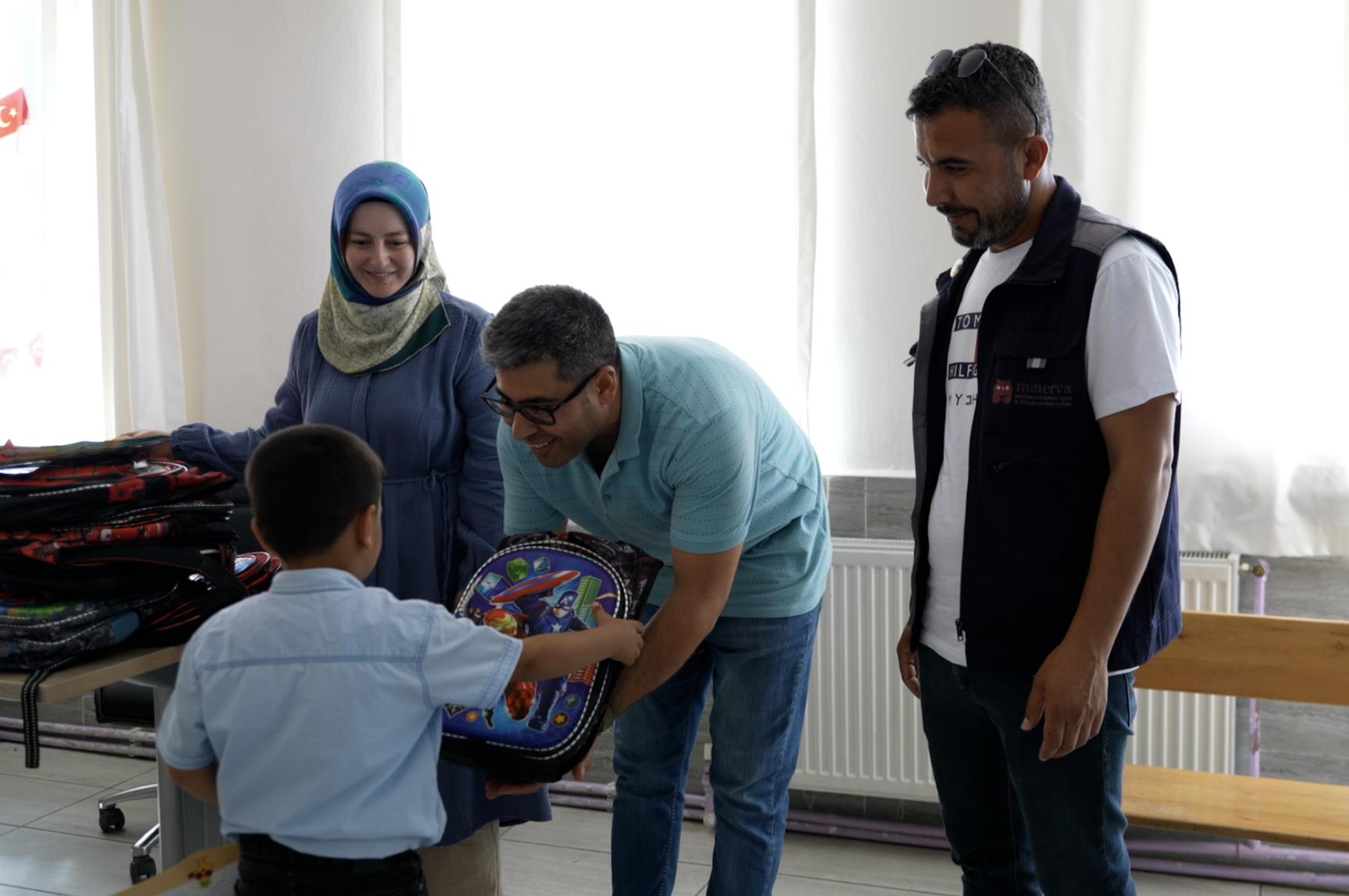Seasonal agriculture, in particular, involves seasonal agricultural migrant workers, many of whom are refugees, moving with their families to different regions of the country from crop to crop, engaging in agricultural activities for the majority of the year. Children often accompany their families, enduring extended periods away from school, engaging in child labour, and facing various safety and health risks related to agricultural work.
Unregistered/irregular employment is another prevalent issue in agriculture. Workers frequently endure long hours for low wages without formal contracts, depriving them of social security benefits. Vulnerable groups, including women, children, and refugees, are disproportionately affected by this challenge. Additionally, violations of occupational health and safety standards both in workspace and living space are widespread in the agricultural sector. Agricultural machinery and chemicals also pose significant risks, leading to occupational accidents and diseases.




